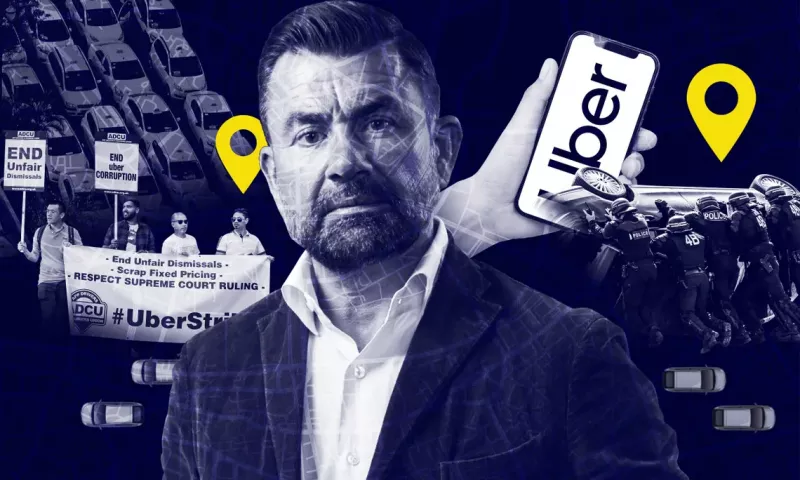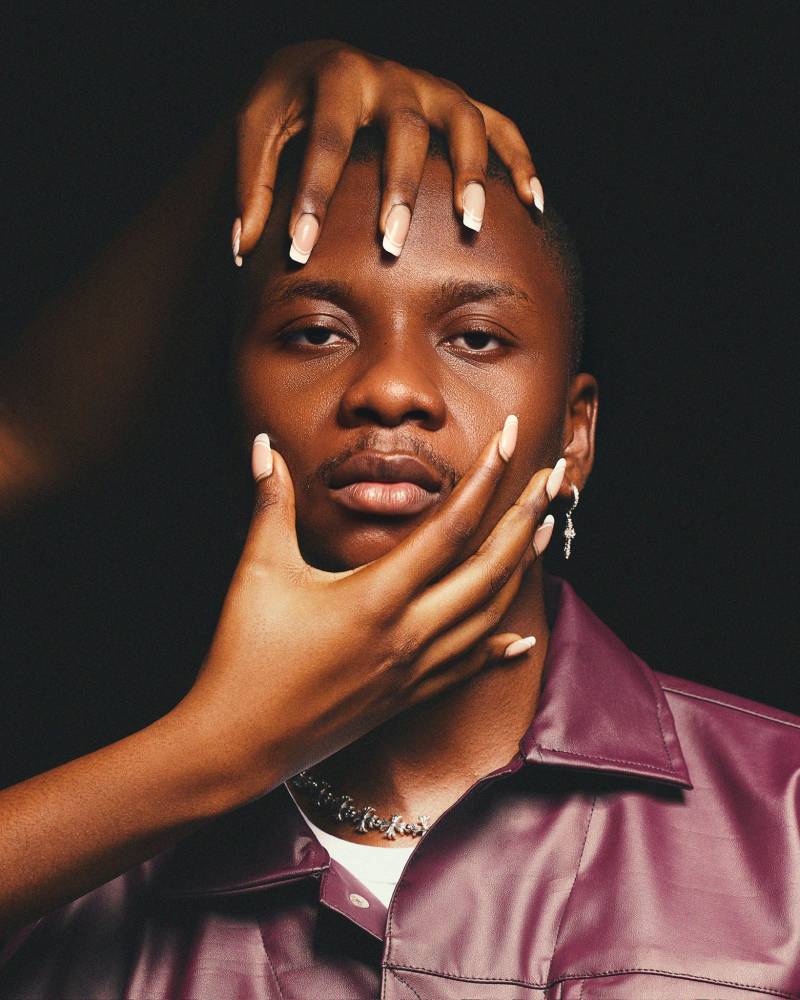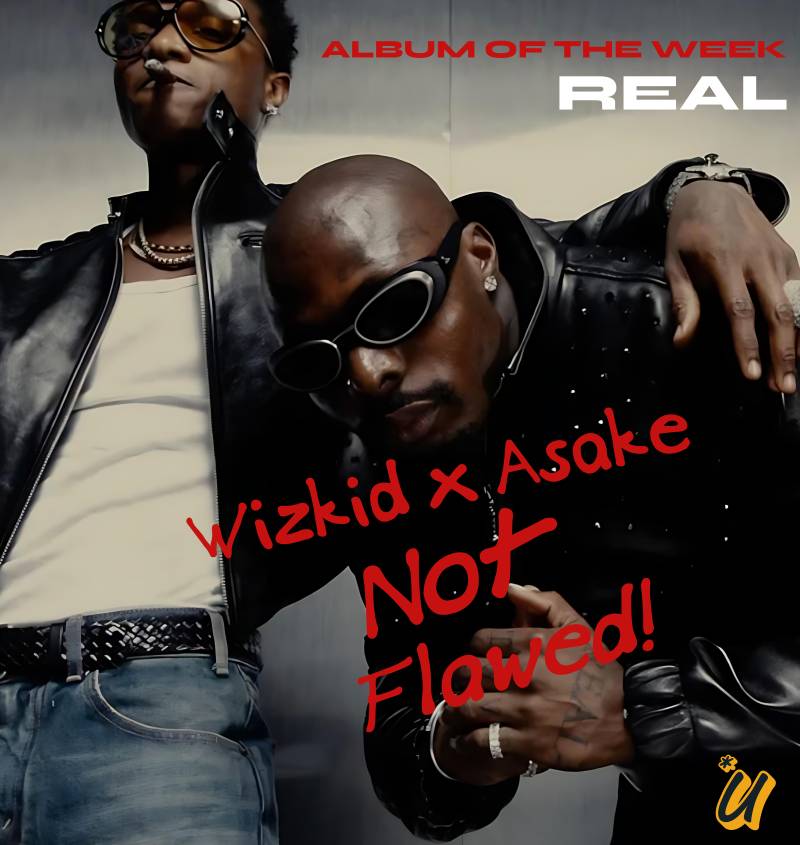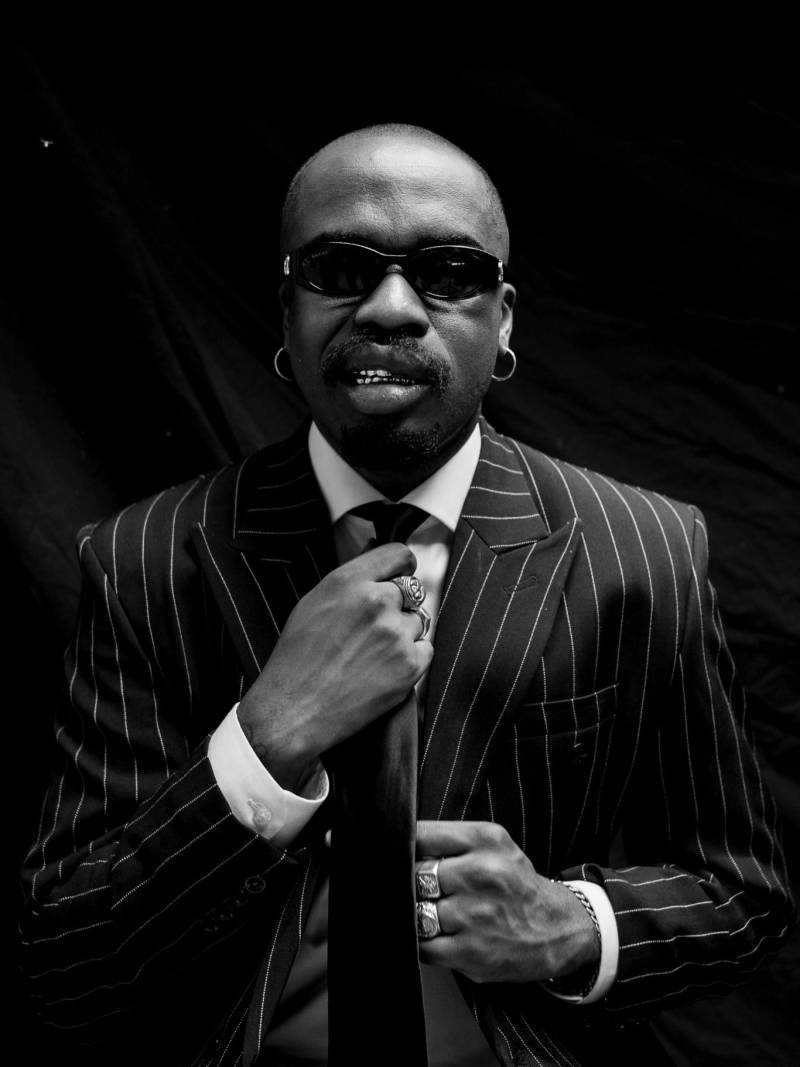The one-time cheerleader-in-chief for Uber in Europe, Mark MacGann now looks set to become one of its sharpest critics. Mark MacGann says he has decided to speak out about firm to ‘right some fundamental wrongs’
Mark MacGann, a career lobbyist who led Uber’s efforts to win over governments across Europe, the Middle East and Africa, has come forward to identify himself as the source who leaked more than 124,000 company files to the Guardian.
MacGann decided to speak out, he says, because he believes Uber knowingly flouted laws in dozens of countries and misled people about the benefits to drivers of the company’s gig-economy model.
The 52-year-old acknowledges he was part of Uber’s top team at the time – and is not without blame for the conduct he describes. In an exclusive interview with the Guardian, he said he was partly motivated by remorse.
“I am partly responsible,” he said. “I was the one talking to governments, I was the one pushing this with the media, I was the one telling people that they should change the rules because drivers were going to benefit and people were going to get so much economic opportunity.
“When that turned out not to be the case – we had actually sold people a lie – how can you have a clear conscience if you don’t stand up and own your contribution to how people are being treated today?”
The senior role MacGann held at Uber between 2014 and 2016 put him at the heart of decisions taken at the highest levels of the company during the period in which it was forcing its way into markets in violation of taxi-licensing laws. He oversaw Uber’s attempts to persuade governments to change taxi regulations and create a more favourable business environment in more than 40 countries.
He said the ease with which Uber penetrated the highest echelons of power in countries such as the UK, France and Russia was “intoxicating” but also “deeply unfair” and “anti-democratic”.
In his wide-ranging interview, MacGann detailed the personal journey that led him to leak the data years after leaving Uber.
“I regret being part of a group of people which massaged the facts to earn the trust of drivers, of consumers and of political elites,” he said. “I should have shown more common sense and pushed harder to stop the craziness. It is my duty to [now] speak up and help governments and parliamentarians right some fundamental wrongs. Morally, I had no choice in the matter.”
The Guardian led a global investigation into the leaked Uber files, sharing the data with media organisations around the world via the International Consortium of Investigative Journalists (ICIJ).
After MacGann identified himself as the whistleblower, Uber said: “We understand that Mark has personal regrets about his years of steadfast loyalty to our previous leadership, but he is in no position to speak credibly about Uber today.”
Responding to the wider investigation, Uber acknowledged past failings but insisted the company had transformed since 2017 under the leadership of its new chief executive, Dara Khosrowshahi. “We have not and will not make excuses for past behaviour that is clearly not in line with our present values,” a spokesperson said.
The Uber files consists of confidential company data that MacGann had access to at Uber. It includes company presentations, briefing notes, security reports and tens of thousands of emails and WhatsApp, iMessage and chat exchanges between the company’s most senior staff at the time.
They include Travis Kalanick, Uber’s combative co-founder and then chief executive, David Plouffe, a former Barack Obama campaign aide who became a senior vice-president at Uber, and Rachel Whetstone, a British PR executive who has also held senior roles at Google, Facebook and now Netflix.
When MacGann departed Uber in 2016, Whetstone described him as “a wonderful leader”. Plouffe called him a “talented public policy professional” and “terrific advocate for Uber”.
The one-time cheerleader-in-chief for Uber in Europe, MacGann now looks set to become one of its sharpest critics.
Even back then it was dawning on me this was a rogue company.
Mark MacGann
His profile as a senior executive and political insider make him an unusual whistleblower. So, too, does the fact he actively participated in some of the wrongdoing he is seeking to expose – and the fact it took him more than five years after leaving the company to speak out.
The process through which he came to re-evaluate what he witnessed at Uber was a gradual one, he says. “When I decided I had an obligation to speak up, I then went about finding the most effective, impactful way in which to do that. Doing what I am doing isn’t easy, and I hesitated. That said, there’s no statute of limitations on doing the right thing.”
MacGann is understood to have recently reached an out-of-court settlement with Uber after a legal dispute relating to his remuneration. He said he was prohibited from discussing his legal dispute but acknowledged he had had personal grievances with the company, which he alleges undervalued his role as an interlocutor with government and failed in its duty of care to him.
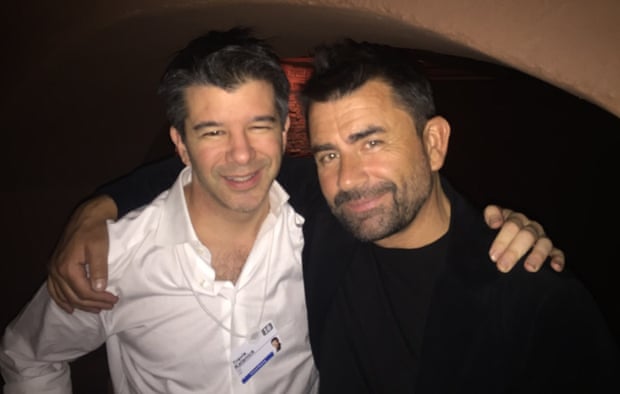
MacGann (right) and Travis Kalanick
He accuses Uber under Kalanick’s leadership of adopting a confrontational strategy with opponents in taxi industries, that left him personally exposed. As a public face of Uber in Europe, MacGann bore the brunt of what became a fierce backlash against the company in countries including France, Belgium, Italy and Spain.
Amid threats to his life, he was given bodyguard protection. His experience of working at Uber, he says, took a mental toll and contributed to a subsequent diagnosis of post-traumatic stress disorder (PTSD).
Brazenly breaking the law
A Brussels insider, MacGann was an obvious pick to lead Uber’s government relations in the Europe, Middle East and Africa (EMEA) region in 2014. Born in Ireland, he speaks several languages and possessed an impressive contacts book built up over two decades in lobbying and public affairs.
MacGann had worked at established public policy firms such as Weber Shandwick and Brunswick, and had run DigitalEurope, a trade association that advocated for companies such as Apple, Microsoft and Sony. His most recent job had been as senior vice-president at the New York Stock Exchange on a salary of $750,000 a year.
MacGann took a significant salary cut to work at Uber for €160,000. But like all senior executives joining the company back then, the financial reward was in the promise of stock options that could be worth millions if Uber realised its global ambitions.
Uber broke laws, duped police and secretly lobbied governments, leak reveals
Uber and its investors were eyeing vast returns if the tech company succeeded in its mission to deregulate markets, monopolise cities, transform transit systems and one day even replace drivers with autonomous vehicles. The plan, MacGann acknowledges, required Uber to flout the law in cities in which regulated taxi markets required hard-to-get licences to drive a cab.
“The company approach in these places was essentially to break the law, show how amazing Uber’s service was, and then change the law. My job was to go above the heads of city officials, build relations with the top level of government, and negotiate. It was also to deal with the fallout.”
MacGann started work for Uber around the summer of 2014, when he worked on contract for a European lobbying consultancy that Uber had hired to oversee government relations outside the US. In October 2014, Uber brought him in-house and put him in charge of public policy for the EMEA region.
On his first day on staff, MacGann was in an Uber from London City airport when he got his first taste of the startup’s laissez-faire approach to privacy. After emailing a senior executive to tell them he was in traffic, MacGann received the reply: “I’m watching you on Heaven – already saw the ETA!”
“Heaven”, otherwise known as “God View”, was the codeword Uber employees used at the time for a tool that allowed staff to surreptitiously use the app’s backend technology to surveil the real-time movements of any user in the world.
“It felt like children playing around with powerful surveillance technology,” said MacGann. “Even back then it was dawning on me this was a rogue company.”
In its statement, Uber said tools such as God View, which it stopped using in 2017, “should never have been used”. A spokesperson for Kalanick said it would be false to suggest he ever “directed illegal or improper conduct”.
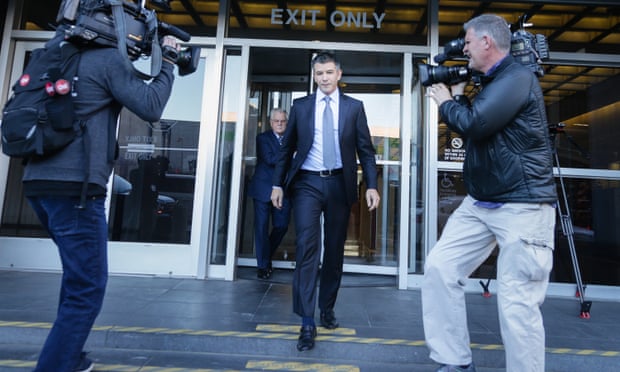
Travis Kalanick in 2018. Photograph: Elijah Nouvelage/Getty Images
The Uber files contain some instances in which MacGann pushes back at the company’s operations and decisions. But, for the most part, the documents show him expressing little dissent over the company’s hardball tactics, and on some occasions he appears directly involved in wrongdoing.
He describes himself as having been “drunk on the Kool-Aid” at Uber, a company he alleges did not encourage dissent or criticism. But he does not dispute he was at the heart of many of the controversies that have been revealed by his data leak.
“I believed in the dream we were pushing, and I overdosed on the enthusiasm,” he said. “I was working 20 hours a day, seven days a week, constantly on planes, in meetings, on video conference calls. I didn’t stop to take a step back.”
His whirlwind stint at the company involved meetings with prime ministers, presidents, transport and economy ministers, EU commissioners, mayors and city regulators.
MacGann said most senior politicians were instinctively supportive of Uber, viewing the tech company as offering an innovative new platform that could allow for flexible working and help reboot economies after the financial crisis.
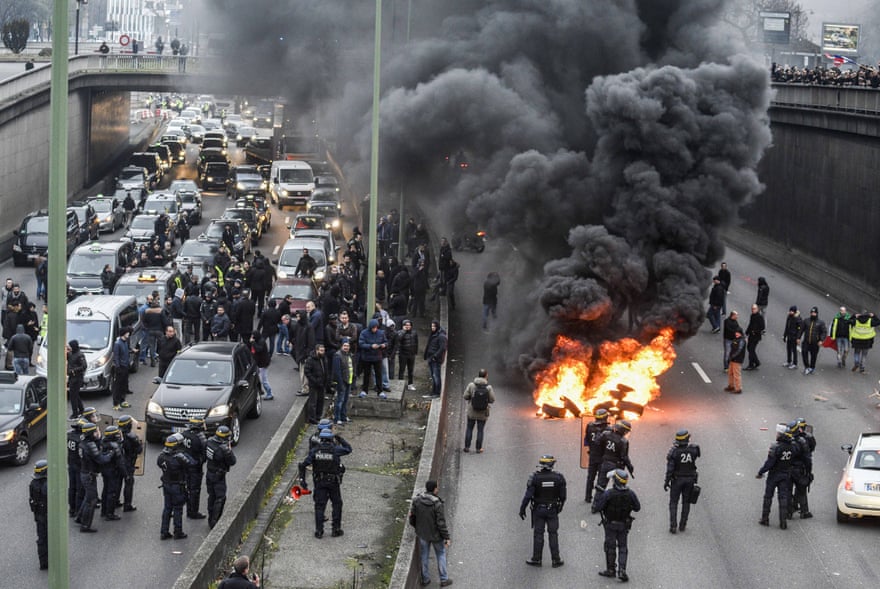
Striking French taxi drivers try to march down a major bypass during a day of protests in January 2016. Photograph: Olivier Coret/Rex/Shutterstock
However, it was a more mixed story in France, where Uber’s unlicensed service prompted taxi driver riots and divided the cabinet of the then president, François Hollande.
On one side was Bernard Cazeneuve, the minister of the interior, who according to MacGann once summoned him to his office and threatened him with jail, saying: “I will hold you personally and criminally responsible if you do not shut it down by the end of the week.”
On the opposing side of the debate was Emmanuel Macron, the pro-tech, pro-business economy minister who, the leak reveals, became something of a secret weapon for Uber.
The data includes text message exchanges between MacGann and Macron, who was working behind the scenes to assist the US tech company. In one exchange, MacGann asks for Macron’s help in the midst of a raid on the company’s offices. In another he complains about an apparent ban on its services in Marseille.
Macron told MacGann he would “personally” look into the matter. “At this point, let’s stay calm,” the minister said.
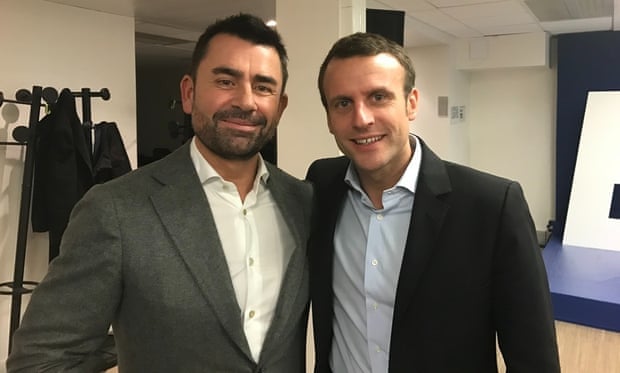
MacGann with Emmanuel Macron
MacGann recalls Macron as being “the only person who gave us the time of day … So he was a massive breath of fresh air.”
Macron did not respond to detailed questions about his relationship with Uber. A spokesperson said his ministerial duties at the time “naturally led him to meet and interact with many companies” engaged in the service sector.
After leaving Uber, MacGann maintained relations with Macron and helped raise funds for his La République En Marche party in 2016. He says his political support for the French president was a personal decision and had “absolutely nothing to do with Uber”. They continued to exchange text messages with one another up to as recently as April this year.

MacGann (centre) with Peter Mandelson (left) and the former UK prime minister Tony Blair
‘Speed dating for elites’
The French president is not the only political figure who knows MacGann. He is on first-name terms with two former EU commissioners, Neelie Kroes and Peter Mandelson. After leaving Uber, MacGann maintained a business relationship with Lord Mandelson, a former Labour cabinet minister.
MacGann is also a familiar face among VIPs who attend the World Economic Forum in Davos, which he describes as “speed dating for elites”. He recalls persuading an initially reluctant Kalanick to attend the gathering in the Swiss Alps in 2016.
“For a lobbyist, Davos is a wonderful competitive advantage that only money can buy,” he said. “Politicians don’t have a retinue of advisers and civil servants hanging around taking notes.”
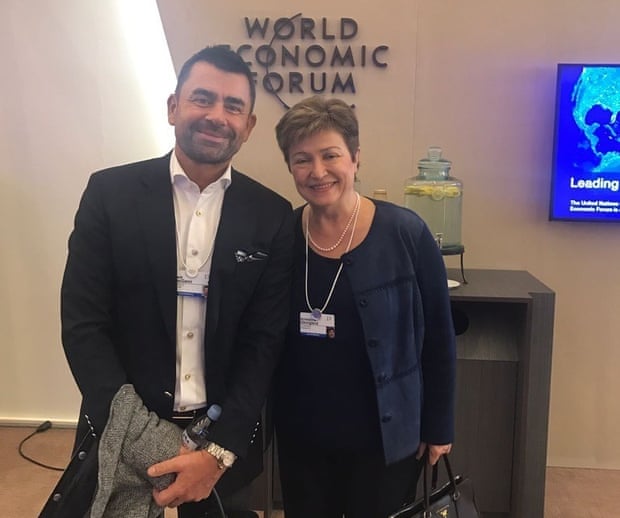
Mark MacGann at the World Economic Forum with Kristalina Georgieva, the former EU commissioner who is now managing director of the IMF
Uber’s executives met with the Israeli prime minister, Benjamin Netanyahu, the Irish taoiseach, Enda Kenny, and the UK chancellor, George Osborne. Securing those meetings, MacGann said, was “a piece of cake”. “Uber was considered hot property.” So much so that when Kalanick met Joe Biden at the Swiss resort it was at the US vice-president’s request.
The Uber files reveal that Kalanick fumed when he was kept waiting by Biden, texting other Uber executives: “I’ve had my people let him know that every minute late he is, is one less minute he will have with me.”
However, it was another Kalanick text in the leak – in which the former CEO appears to advocate sending Uber drivers to a protest in France, despite the risk of violence – that has sparked headlines across the world.
Warned by MacGann and Whetstone that encouraging Uber drivers to protest amid violent taxi strikes in Paris risked putting them at risk, Kalanick replied: “I think it’s worth it. Violence guarantee[s] success.”
MacGann called Kalanick’s instruction to stage an act of civil disobedience with French Uber drivers, despite the risks, as a “dangerous” and “selfish” tactic. “He was not the guy on the street who was being threatened, who was being attacked, who was being beaten up.”
Kalanick’s spokesperson said he “never suggested that Uber should take advantage of violence at the expense of driver safety” and any suggestion he was involved in such activity would be completely false. Uber acknowledged past mistakes, but said no one at the company, including Kalanick, wanted violence against Uber drivers.
MacGann insists that Uber drivers were seen by some at the company as pawns who could be used to put pressure on governments. “And if that meant Uber drivers going on strike, Uber drivers doing a demo in the streets, Uber drivers blocking Barcelona, blocking Berlin, blocking Paris, then that was the way to go,” he said. “In a sense, it was considered beneficial to weaponise Uber drivers in this way.”
The files show MacGann’s fingerprints on this strategy, too. In one email, he praised staffers in Amsterdam who leaked stories to the press about attacks on drivers to “keep the violence narrative” and pressure the Dutch government.
Looking back, MacGann said: “I am disgusted and ashamed that I was a party to the trivialisation of such violence.”
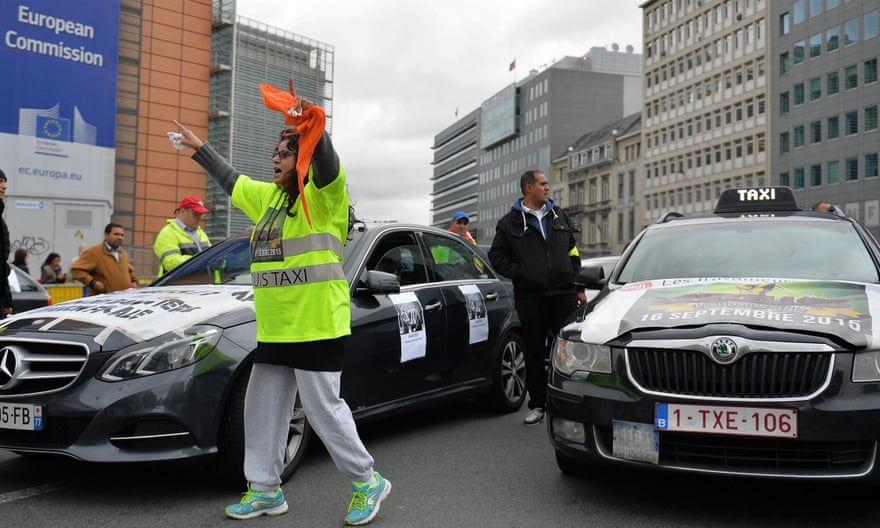
Taxi drivers with wanted posters on the sides of their cars in Brussels in September 2015 during a protest against Uber. Photograph: Dursun Aydemir/Anadolu Agency/Getty Images
A parting of ways
One of the worst flashpoints in Europe was at Brussels Midi train station, where Uber drivers lingered to pick up passengers who would otherwise be queueing at a regulated taxi rank. MacGann was first recognised there on 27 April 2015.
“Got spotted by a bunch of taxi drivers at the train station arriving from London,” he emailed a colleague that day. “Seven of them followed me as I went to get my Uber, hurling insults and spitting … One of them ran after me for a while, intending to hurt my driver.”
The colleague replied: “Thank God you made it … This weekend Uber driver and taxi driver got into a fistfight. Getting intense in Brussels.”
The threats intensified over subsequent weeks. Emails show alarm at the company after a taxi driver trailed MacGann’s limousine to his apartment in Brussels and posted his home address on a “stop Uber” Facebook group in Belgium. Taxi drivers snapped surveillance-style photos of MacGann outside a hotel with friends and uploaded them to the internet.
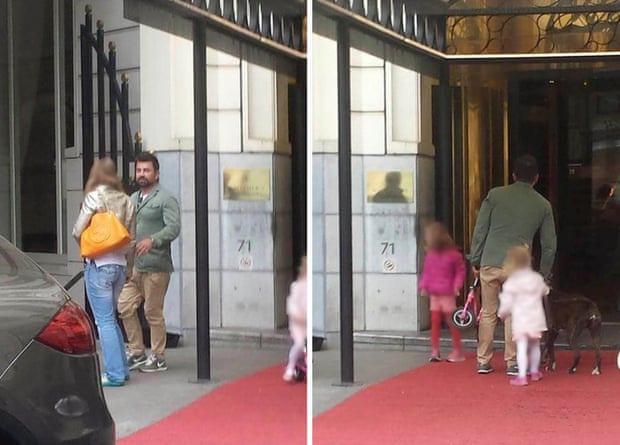
Surveillance-style photos uploaded to the internet of MacGann outside a hotel in Brussels
In August that year, a security report commissioned by Uber mentioned rumours that MacGann and another Uber executive were going to be “taken off the streets by a core group of taxi drivers”.
Uber gave MacGann a personal team of bodyguards. An email states that between September and November 2015, the security team spent 619 hours shepherding him in Belgium alone, while Uber also beefed up security for foreign trips.
During a protest in Brussels, about 100 taxi drivers gathered outside MacGann’s office in the city and blocked the road. An Uber security report described how an initially relaxed atmosphere became “more grim”. Fireworks were let off and riot police charged protesters.
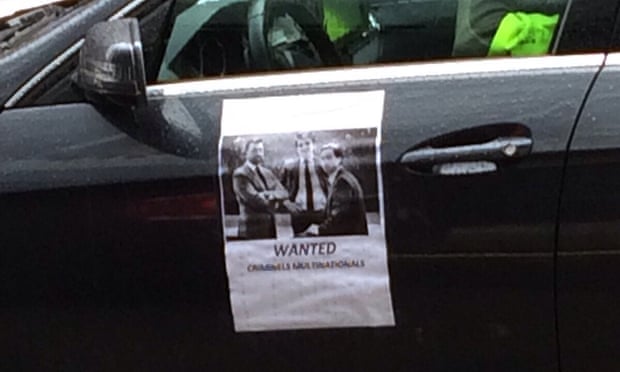
A wanted poster depicting Mark MacGann and Uber executives
Taxi drivers at the protest attached “wanted” posters on the sides of their cars. They displayed photos of MacGann and two other Uber executives. The caption read: “International criminals.”
In October 2015, MacGann emailed a colleague: “I have had bodyguards full-time now for five months and it is becoming very stressful.” A week later, he told Plouffe and Whetstone of his intention to resign. He officially departed four months later, on 12 February 2016.
It seemed an amicable split. Publicly, he expressed no regrets and used his Facebook page to lavish praise on Kalanick.
“Toughest boss I ever had and I’m a stronger leader for it,” he said, adding there was “no thing” he would change about his time at Uber. “Forget the hyperbole in the media; forget the intrigue; think about how pushing a button and getting a ride makes your life better.”
In his departure email to colleagues, MacGann described himself as “a strong believer in Uber’s mission”.
Uber publicly commended MacGann’s work and asked him to stay on as a consultant.
He was given a new job title – senior board adviser – and retained his Uber-provided emails, laptops and phones.
That role ended in August 2016, after which MacGann took on a new job at a telecoms company and started his own business venture. It was a full year after leaving Uber that, MacGann says, he experienced his most “terrifying” ordeal as a perceived representative of the cab-hailing firm.
‘MacGann, we will get you’
The incident outside Brussels Midi station was recorded in a police report, Uber emails and media reports. It took place between 11.45am and 12.15pm on 19 September 2017, shortly after MacGann arrived at the station.
As he walked towards his waiting Uber, taxi drivers approached him and ordered him not to get into the car. One grabbed him by the arms to stop him from putting his bags in. Concerned for his safety, MacGann asked the Uber driver to lock the doors when he was in the car.
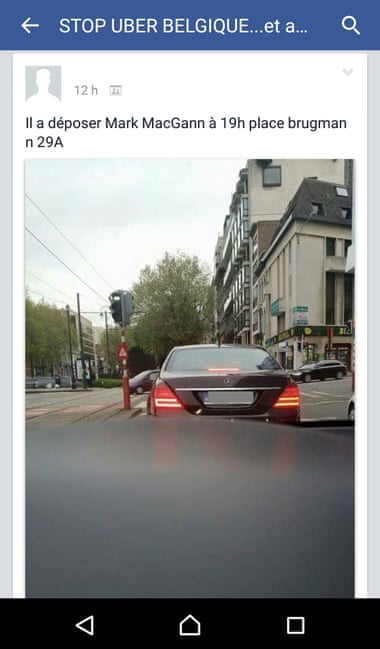
Image posted on social media of car following MacGann
Several more taxi drivers joined the fray, surrounding the car. MacGann called the police. A security report commissioned by Uber questioned whether the taxi drivers had recognised him. But he recalls the drivers yelling: “MacGann, we will get you, we know where you live.”
He recalls them thumping on the windows and rocking the car from side to side. Three taxi drivers were taken to the police station, but no further action was taken.
MacGann said he was left fearing for his life – and that of his Uber driver, who “was shaking and in tears, scared for his life”. “These taxi drivers had his licence number, they could come after him again. It just seemed to me that Uber viewed this guy as expendable supply – not an employee with rights.”
Shortly afterwards, MacGann received an anonymous threat on Twitter: “One day police won’t be there and you’ll be alone. And we will see if money will help you.”
MacGann held his former employer responsible. “I felt that Uber had caused this, by its ‘success at all costs approach’ that encouraged confrontations between Uber and taxi drivers … I started to feel it was indicative of Uber’s wider relationship with drivers, putting them in harm’s way for their own financial interests.”
By mid-2018, MacGann said, the death of a close friend contributed to a deterioration in his mental health. A medical report from March 2019 said a subsequent diagnosis of PTSD was “evidently linked and impacted by the professional stress he had to endure” during his time at Uber.
MacGann said that months of treatment and therapy between 2018 and 2019 – and an enforced period of personal reflection – led him to reassess his time at Uber. “I’d stepped off the corporate hamster wheel for the first time in decades. I emerged with a new sense of clarity about everything at Uber.”
No longer living the fast-paced life of a corporate executive, MacGann had time to listen more carefully to the stories of Uber drivers who were ferrying him around. He credits those conversations with changing his understanding of what the company used to call “driver economics”.
In its statement, Uber’s spokesperson said “driver earnings globally are at or near all-time highs today” and that Uber’s interests were “aligned with drivers, ensuring they have a positive experience earning on the platform”. If drivers were dissatisfied with its platform, she added, “they can and do choose to earn somewhere else”.
In the statement released after MacGann identified himself as the whistleblower, Uber said his litigation against the company was “an attempt, among other things, to get paid a bonus he claimed to be owed for his work at Uber. That lawsuit recently ended with him being paid €550,000. It is noteworthy that Mark felt compelled to ‘blow the whistle’ only after his cheque cleared.”
MacGann first contacted the Guardian five months before his legal dispute with Uber was settled and placed no restriction on when journalists could use the leaked data. He disputes Uber’s claim that he has been paid €550,000, and said he was still awaiting his full payout from the settlement.
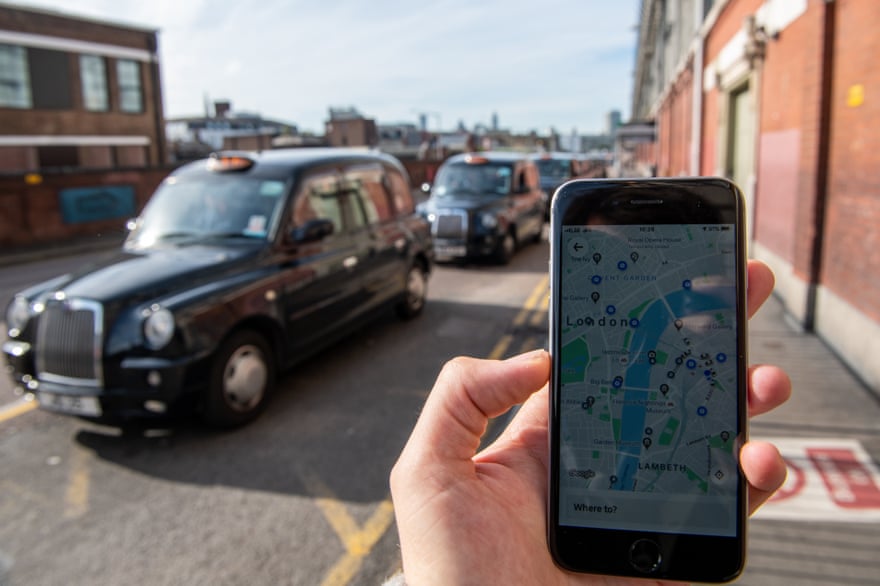
A phone displaying the Uber app in front of a taxi rank at Waterloo station in London. Photograph: Chris J Ratcliffe/Getty Images
Sharing secrets
In February 2020, MacGann, increasingly angered by what he viewed as the mistreatment of drivers, tried to take action. Uber was appealing against a decision by Transport for London (TfL) to refuse the company a licence in the capital, on the grounds it failed to meet the “fit and proper” test.
Emailing the mayor’s office, MacGann explained he was a former Uber executive with information to share in a “private and non-sensationalist manner, given my intimate knowledge of the company”. MacGann said he felt “frustrated” when his attempt to formally raise concerns about Uber did not receive a reply.
In February 2021, MacGann went a step further. After reading about a French lawyer who was bringing a class action lawsuit against Uber on behalf of drivers, MacGann got in touch and offered to provide information to help their case. The lawyer visited him at his home and MacGann allowed him to take photographs of a small sample of Uber documents he had stored on his old computer.
His relationship with the French lawyer turned out to be short-lived. But the dam had been broken. MacGann realised quite how many of Uber’s secrets he was sitting on.
In January 2022, Uber’s former top lobbyist travelled to Geneva and met with reporters from the Guardian.
He opened two suitcases and pulled out laptops, hard drives, iPhones and bundles of paper. He warned it would take a few days, at best, to explain everything he knew. “I’ve seen some really shady shit, to use one of the Silicon Valley expressions.”
